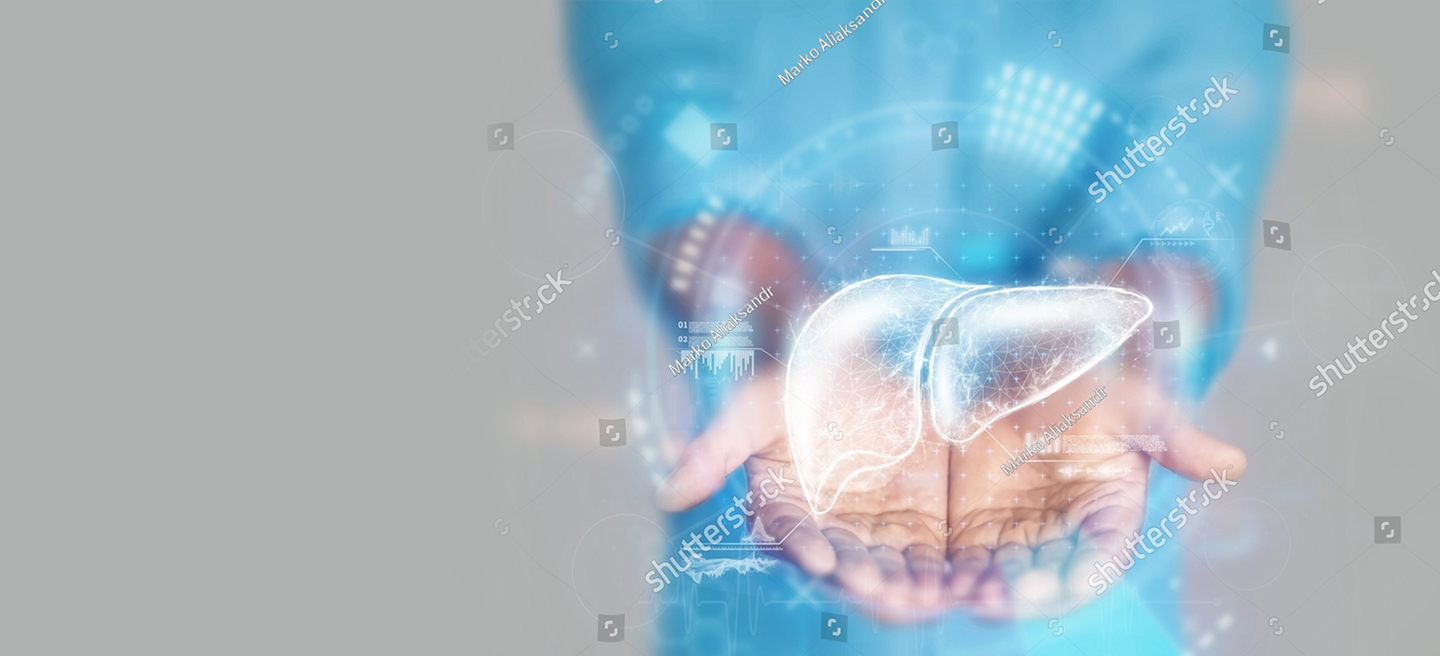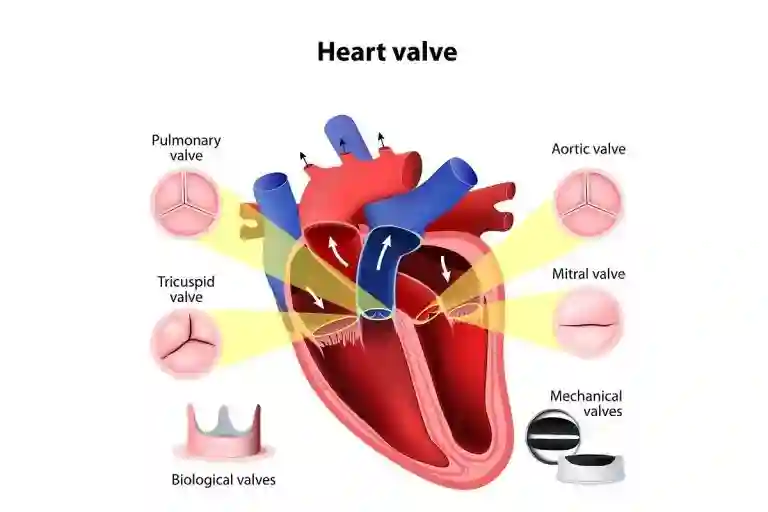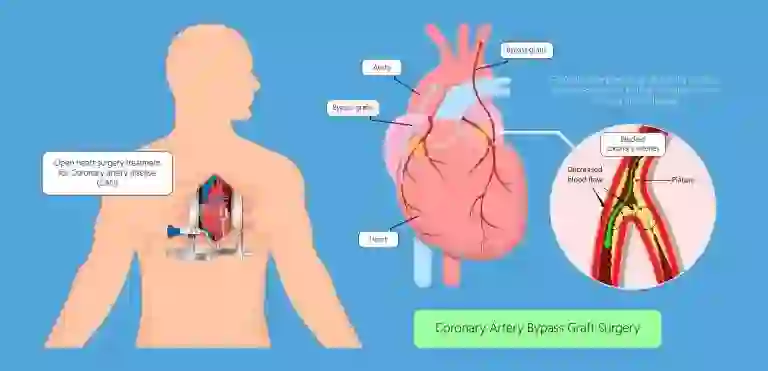The legendary Australian cricketer Shane Warne passed away at 52, on Friday due to a suspected heart attack. Although Erskine talked about Warne’s weight loss stories, no direct correlation was found between his crash diet and his sudden death. Unfolding the details, Warne’s manager, James Erskine, has told that the cricketer was on a ‘ridiculous diet’ before his untimely death. According to Erskine, Warne was on a 14-day liquid diet where he consumed nothing but fluids. He further stated that the legendary spinner had also previously followed such crash diets.
Essentially, a crash diet involves diets that have you consuming a minimal amount of food. This diet may seem effective, but the moment you start to eat normally again, you will gain back the weight you lost during your crash diet. Due to the small portions, you are consuming, you will miss out on vitamins and nutrients that your body needs. Dr Manjari Chandra, told that fasting and diets are a “way to heal our bodies.” However, these terms are now being used to lose weight in a quick fashion these days. She said, “Fasting is part of our systems, so we should fast because that’s the easiest way of resetting the human body in every way. But this way of dieting to lose quick, quick weight is not the right way to do it.”
What Does the Research Say?
Even though crash dieting can have some positive outcomes, it can also have some potentially harmful effects on the heart as a result of an increase in heart fat level. A study published earlier stated that “Crash diets can cause a transient deterioration in heart function.” The study included 21 obese volunteers and the average age was 52 years. According to the study, after a week, the researchers noticed that the heart fat content had risen by 44 per cent. This was associated with a deterioration in heart function, 3 including the heart’s ability to pump blood.
Experts’ remarks: Crash diets not advisable Experts have cautioned that a crash diet may lead to electrolyte imbalance, in turn leading to a sudden heart attack. A drastic alteration in diet and extreme weight loss measures could be dangerous even for apparently healthy individuals without a history of the cardiac ailment. Tina Sapra, RD MPH CLE, Doctor Diet, said that if someone is on a liquid diet, then the individual is lowering the blog pressure and blood sugar levels. She said, “Lower BP places the heart in the most crucial state.”
Experts’ remarks: Crash diets not advisable Experts have cautioned that a crash diet may lead to electrolyte imbalance, in turn leading to a sudden heart attack. A drastic alteration in diet and extreme weight loss measures could be dangerous even for apparently healthy individuals without a history of the cardiac ailment. Tina Sapra, RD MPH CLE, Doctor Diet, said that if someone is on a liquid diet, then the individual is lowering the blog pressure and blood sugar levels. She said, “Lower BP places the heart in the most crucial state.”
She explained that crash dieting involves lowering the intake of nutrients, which means missing all the three macronutrients, carbohydrates, fats, and proteins. “Since, the blood sugar drops, it leads to cardiac arrests.” “Heart mostly fails due to aerated cholesterol which is diet-related or low BP, hence, crash diets can lead to heart attacks,” she added.
She, relating crash diets to heart attacks, also said, “If you are on a 14-day liquid diet, the liver has to work harder leading it to higher cholesterol level”, which can increase the chance of heart attack.
Dr Amreen Sheikh, a renowned Dietitian in Mumbai and is currently practising at Wockhardt Hospitals, elaborates that it also depends on the other activities is been followed with the diet as it directly affects cardiac activity. She said, “Crash diets are not advisable because it lacks the nutrients a human body needs on a daily basis.”
She also said that a crash diet and medications along with it, is a dangerous cocktail for a cardiac arrest. “Individuals who follow this diet, usually end up taking a lot of supplements and steroids to cover up for the nutrient deficiency which can also be a reason for heart attacks. So, it is not only the diet but also, what an individual adds to it,” she added.
Dr Amreen Sheikh,
Dietitian
Wockhardt Hospitals


















